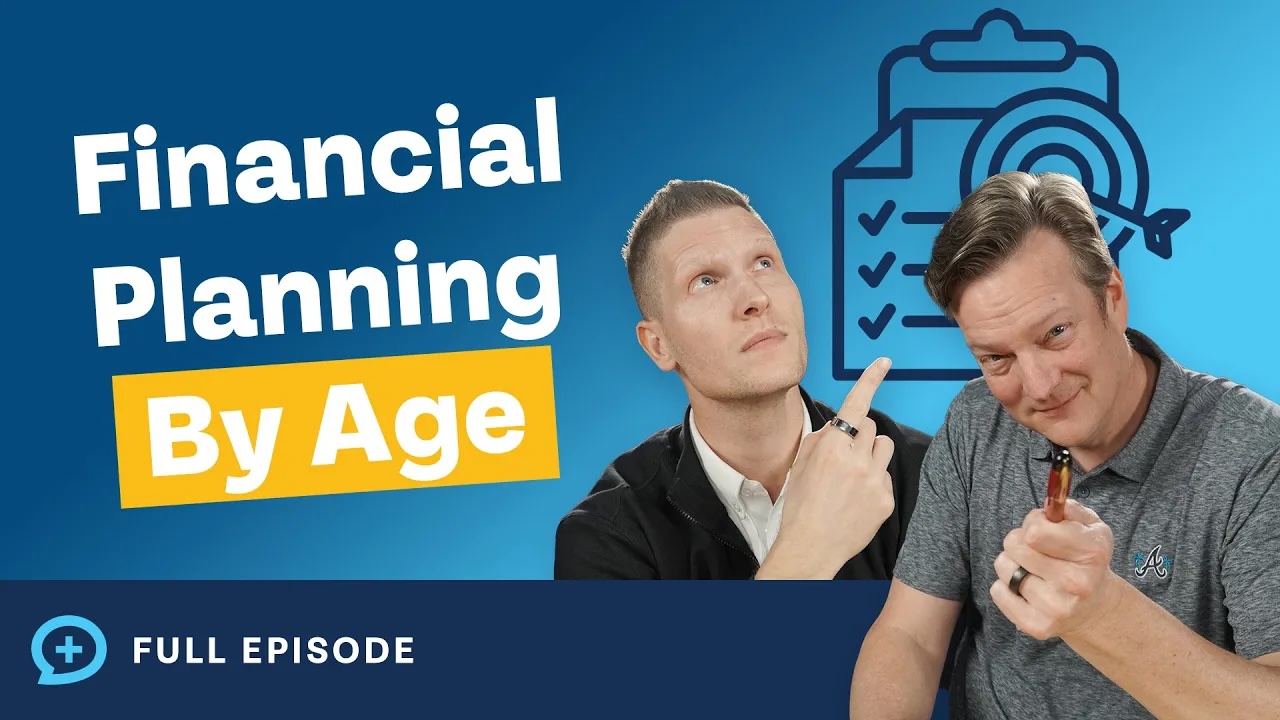
For most investors, you know that having a diversified portfolio is a best practice you ought to be following. But many people think they’re diversified when they’re really not.
Diversification simply means that you hold a variety of asset classes in your investment portfolio. The reason this is a good idea is so that you minimize your risk and maximize your potential for returns. Holding a mix of investment types has historically smoothed the investor’s ride and allows you to better stabilize your portfolio against sharply negative and positive market performance, i.e. volatility.
Whether you are managing your finances on your own right now or working with a financial professional, here are six signs that your money is properly diversified and you’re on the right track to reach your financial future.
-
You don’t worry about short-term performance.
When you’re properly invested with a diversified portfolio, you’re not worried about what the market does on any particular day. For you, daily, weekly, or monthly market fluctuations is just news, nothing that keeps you up at night.
-
You don’t chase trends.
Sure, it can be easy to get caught up in hunting around for the next Amazon or other big investment opportunity, but you’re not feeling the need to chase anything. Because you have a long-term investment strategy, chances are you are less concerned with finding the next “hot” opportunity and feel secure that your current investment strategy will provide for what you need.
-
You’re invested in the Big 4 asset classes.
Stocks, bonds, real estate, and cash – these are the staples that every well-diversified investment portfolio is comprised of. Just as a refresher:
- Stocks: share in the ownership of a company and its profits
- Bonds: you are loaning money to a company or government to be paid back with interest
- Real estate: you purchase property that you believe will appreciate in value over time
- Cash: Short-term, liquid investment that provides returns in the form of interest payments, such as money market funds and certificates of deposit
-
You leverage ETFs.
ETFs (Exchange Traded Funds) are effective tools in diversifying your investment portfolio, because they offer returns at a minimal cost to the investor. Just one word of caution: just because they offer some diversification does not mean that owning an ETF ensures you are well-diversified. This is because some ETFs may be concentrated in one type of asset, so you should understand the underlying assets that comprise an ETF before you invest.
-
You understand your underlying investments.
Having redundancies in your investment portfolio can leave you overconcentrated. However, it is also possible to over-diversify certain assets classes which is not a good idea either. There is usually no reason that your investment portfolio should hold several mutual funds that invest in the exact same type of investments. If you do, you are technically diversified, but you are unnecessarily duplicating efforts. If you’re not sure, there is no shame in asking a financial advisor about your investments.
-
Your asset allocation is based on your goals, age, and risk tolerance.
Most telling that your investment portfolio is properly diversified is that it isn’t based on a whim. Your investment portfolio ought to be based on your specific financial goals, your age and years till expected retirement, and your personal tolerance for risk. Given these important variables, the investments you hold will align with your needs and flex over time. When you are 20 years old, proper diversification for you will look much different than when you are 50 years old. The allocation within the major asset classes will adjust as part of your long-term investment strategy and is a hallmark sign of proper diversification.
What questions, comments or concerns do you have over the subject of diversification? The bottom line is that your investment strategy does not need to be complicated to be effective. In fact, simple can often be most effective in helping you reach your financial goals. Never hesitate to ask a financial professional any question you have about your investments. Your continued education and understanding of your personal finances will only help you continue to make smart money decisions for you and your family.














